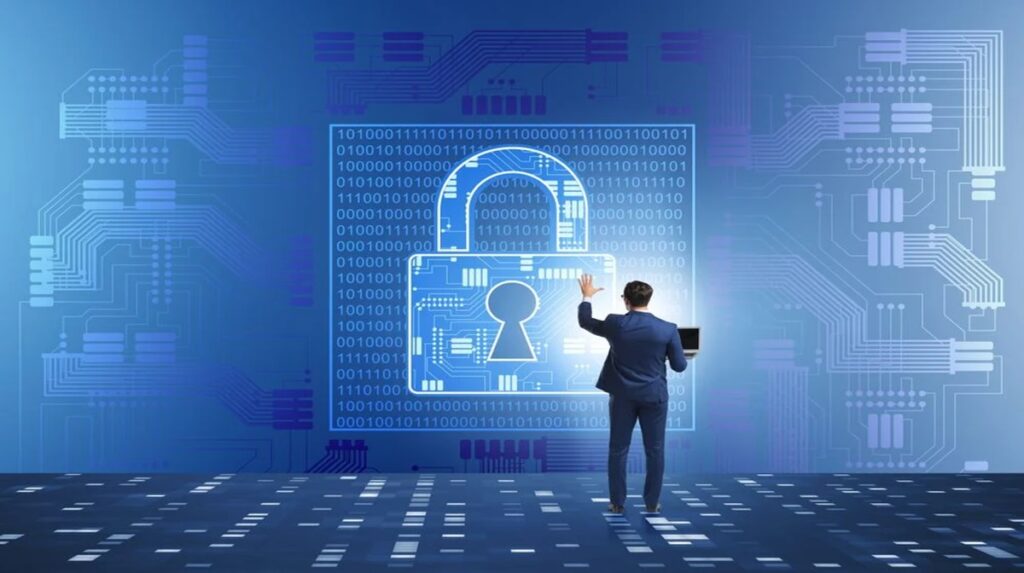An Ethical Hacking course is considered one of the best steps toward a career in cybersecurity due to the growing demand for cybersecurity professionals in today’s increasingly digital world. As businesses and governments face an escalating number of cyberattacks, the need for skilled individuals who can proactively defend against such threats has never been more critical. Ethical hacking equips individuals with the practical skills needed to protect systems, networks, and applications from malicious hackers. Ethical hackers, also known as penetration testers, play an essential role in identifying vulnerabilities in systems before they can be exploited by cybercriminals. By enrolling in an Ethical Hacking course, students gain hands-on experience with various penetration testing tools and techniques used to evaluate and secure systems. The course offers an in-depth understanding of how hackers operate, providing a unique perspective on the tactics, techniques, and procedures employed by cybercriminals. This knowledge allows aspiring cybersecurity professionals to better anticipate potential threats and fortify systems accordingly. One of the primary reasons an Ethical Hacking course is so beneficial for aspiring cybersecurity experts is that it provides practical, real-world applications of cybersecurity principles.

While theoretical knowledge is important, corso ethical hacking focuses on the practical side, allowing students to apply what they have learned in controlled environments such as virtual labs. This hands-on experience builds confidence and proficiency, which is vital for anyone looking to make a meaningful contribution to the cybersecurity field. Furthermore, Ethical Hacking courses often cover a wide range of topics, including network security, web application security, cryptography, and incident response, giving students a comprehensive understanding of the cybersecurity landscape. In addition to technical skills, Ethical Hacking courses also emphasize the ethical and legal aspects of hacking. Ethical hackers must always operate within the boundaries of the law and obtain proper authorization before testing any system. These courses stress the importance of working ethically and responsibly, ensuring that students are aware of the legal implications of their actions. By understanding the ethical considerations, students are better prepared to become responsible professionals who can be trusted to safeguard sensitive information and critical infrastructure.
Another compelling reason to pursue an Ethical Hacking course is the career opportunities it unlocks. As organizations worldwide continue to face cyber threats, there is a significant shortage of qualified cybersecurity professionals. By completing an Ethical Hacking course, students increase their employability and gain the credentials necessary to pursue roles such as penetration tester, security analyst, vulnerability assessor, or even security consultant. Ethical hacking is an essential skill set that many companies actively seek, making it a highly marketable qualification. Finally, the ethical hacking field is constantly evolving, providing professionals with continuous learning opportunities. Cyber threats are always changing, and so are the tools and techniques used to combat them. An Ethical Hacking course not only prepares individuals for the current cybersecurity landscape but also encourages a mindset of lifelong learning. This adaptability is crucial in maintaining a successful and fulfilling career in cybersecurity. Enrolling in an Ethical Hacking course is a valuable investment for anyone pursuing a career in cybersecurity. It offers a combination of technical expertise, hands-on experience, ethical guidelines, and lucrative career prospects.



